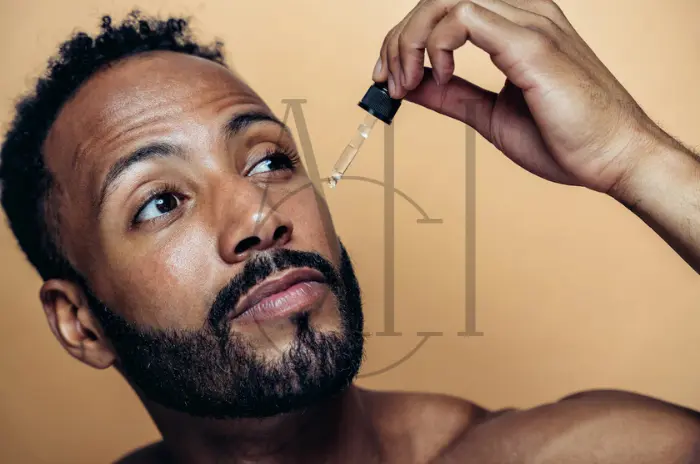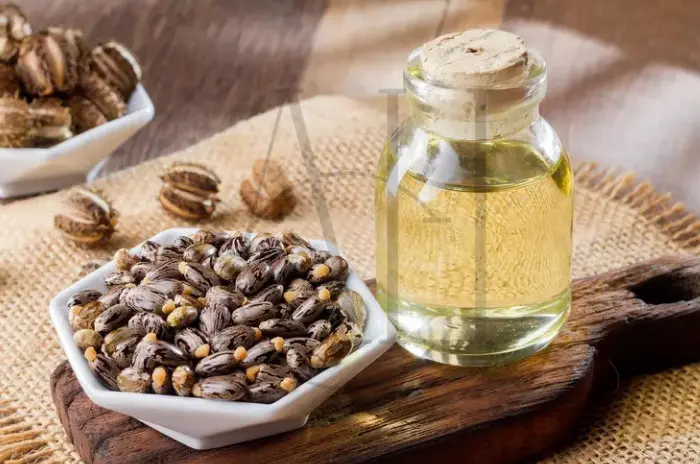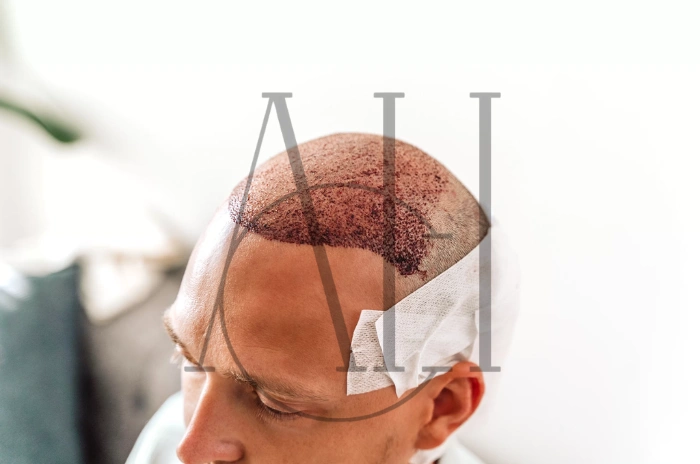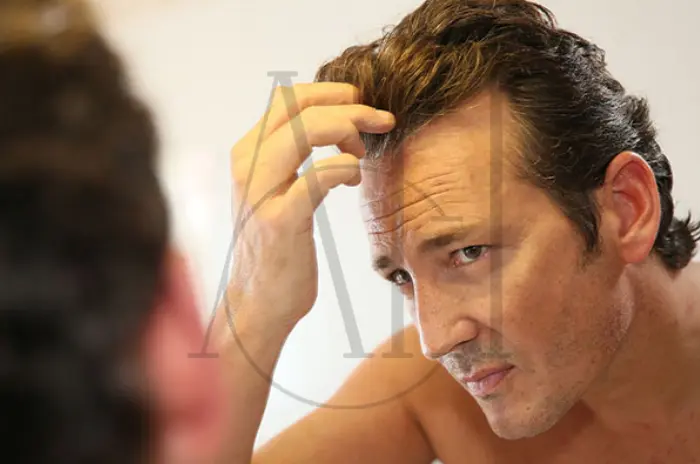Growing a fuller, thicker beard is a goal for many men, yet achieving optimal facial hair growth can be challenging without the right approach. Modern beard growth products have revolutionized how men can enhance their facial hair, offering scientifically-backed solutions for those struggling with patchy or slow-growing beards.
The market for best beard growth products has expanded significantly, providing various options from topical treatments to nutritional supplements. Whether you’re dealing with beard hair loss, uneven growth patterns, or simply want to accelerate your natural growth cycle, understanding the available products and their mechanisms can help you make informed decisions about your beard care routine.
Table of Contents
ToggleDo beard growth products really work
Beard growth products have gained substantial scientific backing, with many formulations showing measurable results in clinical studies. The effectiveness largely depends on the active ingredients and individual factors such as genetics, age, and underlying health conditions.
Topical treatments containing minoxidil for beard growth have demonstrated significant success rates, with studies showing 60-80% of users experiencing noticeable improvement within 3-6 months. This FDA-approved ingredient works by increasing blood flow to hair follicles and extending the growth phase of hair development.
Beard growth supplements containing essential vitamins and minerals address nutritional deficiencies that may impair hair growth. Research indicates that deficiencies in biotin, vitamin D, and zinc can significantly impact facial hair development, making supplementation an effective approach for many individuals.
The success of these products often depends on consistent use and realistic expectations. While beard growth products cannot create hair follicles where none exist, they can optimize the function of existing follicles and potentially activate dormant ones.
Best beard growth products and how they work
Topical Solutions and Serums
Beard growth serum formulations typically contain active ingredients like minoxidil, peptides, and natural growth factors. These serums work by penetrating the skin to reach hair follicles directly, stimulating cellular activity and promoting the anagen (growth) phase of hair development.
Minoxidil-based products remain among the most effective options, originally developed for scalp hair loss but proving equally beneficial for facial hair growth. The ingredient works as a vasodilator, increasing blood flow and nutrient delivery to hair follicles.
Oil-Based Treatments
Beard growth oil combines carrier oils with essential nutrients and growth-promoting compounds. Popular ingredients include jojoba oil, argan oil, and vitamin E, which nourish both the hair and underlying skin while creating optimal conditions for growth.
These oils also help prevent common issues like beard dandruff and skin irritation that can impede healthy growth. Regular application of quality beard growth oil can improve hair texture and reduce breakage.
Comprehensive Care Systems
Beard growth kit packages offer complete solutions combining multiple products for maximum effectiveness. These typically include cleansers, oils, serums, and sometimes tools like derma rollers for enhanced absorption.
The systematic approach of using a beard care kit ensures that all aspects of facial hair health are addressed, from follicle stimulation to hair maintenance and skin care.
Derma roller for beard growth what to expect
Derma roller for beard applications utilize microneedling for beard growth, a technique that creates micro-injuries in the skin to stimulate natural healing responses and increase product absorption.
The process involves rolling a device with tiny needles across the beard area, typically using 0.5mm to 1.5mm needle lengths. This creates microscopic channels that enhance the penetration of topical treatments while triggering the body’s natural growth factors.
Studies on microneedling for beard growth show promising results, with many users reporting improved hair density and thickness when combined with topical treatments. The procedure increases blood circulation and collagen production, creating a more favorable environment for hair growth.
Expected timeline for results includes initial improvements within 6-8 weeks, with significant changes becoming apparent after 12-16 weeks of consistent use. The beard roller should be used 1-3 times per week, depending on needle length and skin sensitivity.
Proper technique involves gentle pressure and systematic coverage of the treatment area. Post-treatment care includes avoiding harsh chemicals and applying nourishing serums to maximize benefits.
The Science Behind Our Effective Beard Growth Serum
Modern beard growth serum formulations incorporate cutting-edge research in hair biology and dermatological science. The most effective serums combine multiple active ingredients that target different aspects of hair growth physiology.
Key mechanisms include follicle stimulation through growth factors, improved blood circulation via vasodilators, and cellular regeneration through peptide complexes. Advanced formulations also include penetration enhancers that ensure active ingredients reach target tissues effectively.
DHT and beard growth research has revealed complex relationships between hormones and facial hair development. While DHT (dihydrotestosterone) promotes beard growth, individual sensitivity and receptor distribution affect outcomes significantly.
Clinical studies on premium beard growth serum products demonstrate measurable improvements in hair count, thickness, and growth rate. Participants typically show 15-25% increases in hair density within 12 weeks of consistent use.
The formulation process involves careful pH balancing, stability testing, and compatibility assessments to ensure maximum efficacy and safety. Quality serums undergo dermatological testing and often include natural ingredients to minimize adverse reactions.
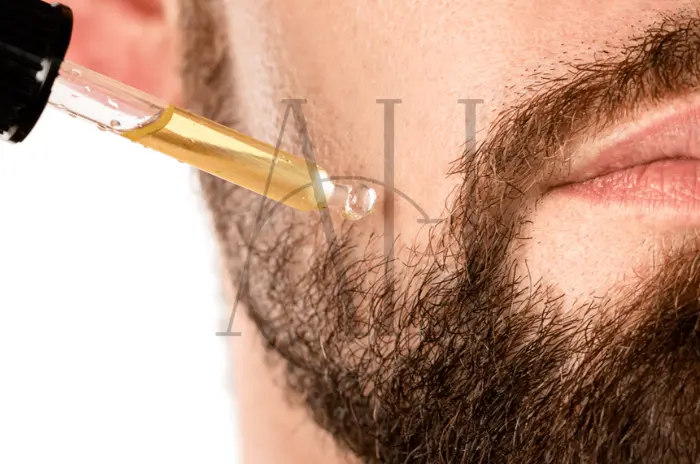
Essential Beard Growth Vitamins for Optimal Results
Beard growth vitamins play crucial roles in supporting healthy facial hair development through various metabolic pathways. Understanding which nutrients are most important can help optimize your supplementation strategy.
Primary Growth-Supporting Vitamins
Biotin for beard growth stands as one of the most researched nutrients for hair health. This B-vitamin supports keratin production, the primary protein component of hair, with recommended doses ranging from 2,500 to 10,000 mcg daily for optimal results.
Vitamin D deficiency has been linked to various hair growth disorders, making adequate levels essential for facial hair growth. Research suggests that vitamin D receptors in hair follicles play important roles in the hair growth cycle.
Vitamin C supports collagen synthesis and iron absorption, both critical for healthy hair development. Additionally, its antioxidant properties protect follicles from oxidative stress that can impair growth.
Mineral Support Systems
Zinc deficiency commonly correlates with poor hair growth and beard hair loss. This mineral supports protein synthesis and hormonal balance, with studies showing that zinc supplementation can significantly improve hair growth in deficient individuals.
Iron plays essential roles in oxygen transport to hair follicles, while selenium provides antioxidant protection. These minerals work synergistically with vitamins to create optimal growth conditions.
Beard growth supplement formulations often combine these nutrients in balanced ratios to maximize absorption and effectiveness while minimizing potential interactions.
Discover the Power of a Biotin-Infused Beard Growth Formula
Biotin beard growth formulations represent some of the most scientifically-supported approaches to enhancing facial hair development. Biotin’s role in keratin synthesis makes it particularly valuable for improving hair strength, thickness, and growth rate.
Research demonstrates that biotin deficiency can significantly impair hair growth, while supplementation in deficient individuals often produces dramatic improvements. Even individuals with normal biotin levels may benefit from higher doses, as hair follicles have particularly high biotin requirements.
Optimal Dosing and Timing
Effective biotin for beard growth protocols typically involve doses of 5,000-10,000 mcg daily, significantly higher than standard dietary recommendations. This increased requirement reflects the high metabolic demands of rapidly growing hair tissue.
Timing of biotin supplementation can affect absorption and utilization. Taking biotin with meals improves absorption, while avoiding raw egg whites prevents biotin-binding protein interference.
Synergistic Combinations
Advanced biotin beard growth formulas combine biotin with complementary nutrients like folic acid, vitamin B12, and amino acids. These combinations address multiple pathways involved in hair growth and protein synthesis.
Clinical studies on combination formulas show superior results compared to biotin alone, with users reporting improvements in both growth rate and hair quality. The synergistic effects often become apparent within 4-6 weeks of consistent use.
Exploring Medical Options for Beard Growth
Medical interventions for facial hair growth offer solutions for individuals with severe growth limitations or specific underlying conditions. These options require professional evaluation and ongoing medical supervision.
Topical Prescription Treatments
Minoxidil for beard growth remains the most widely prescribed topical treatment, available in various strengths and formulations. Prescription versions may contain higher concentrations or additional active ingredients for enhanced effectiveness.
Steroid creams for alopecia barbae address autoimmune-related beard hair loss by reducing inflammation and immune system activity in affected areas. These treatments require careful monitoring due to potential side effects with prolonged use.
Hormonal Considerations
Does finasteride work for beard growth remains a complex question, as this medication can have varying effects on facial versus scalp hair. While finasteride blocks DHT conversion, which can benefit scalp hair, it may potentially reduce facial hair growth in some individuals.
Testosterone therapy may benefit men with clinically low hormone levels, but requires comprehensive evaluation of risks and benefits. Natural testosterone optimization through lifestyle factors often provides safer alternatives.
Advanced Procedures
Beard transplant procedures offer permanent solutions for individuals with significant growth limitations. These surgical interventions involve transplanting hair follicles from scalp or body hair areas to the face.
PRP for beard growth (Platelet-Rich Plasma) therapy utilizes concentrated growth factors from the patient’s own blood to stimulate hair follicle activity. This regenerative approach shows promising results in clinical studies.
Frequently Asked Questions About Beard Growth Products
Do beard growth products really work?
Beard growth products with clinically-proven ingredients like minoxidil and biotin can effectively enhance facial hair growth in most users within 3-6 months of consistent use.
How does a derma roller help beard growth?
A derma roller for beard creates micro-channels in the skin that increase blood flow and improve absorption of topical treatments while stimulating natural growth factors.
Which vitamins are best for beard growth?
Biotin for beard growth, vitamin D, zinc, and vitamin C are the most effective beard growth vitamins for supporting healthy facial hair development.
What are some medical options for growth?
Medical options include prescription minoxidil for beard, steroid creams for alopecia barbae, PRP for beard growth, and beard transplant procedures for severe cases.

